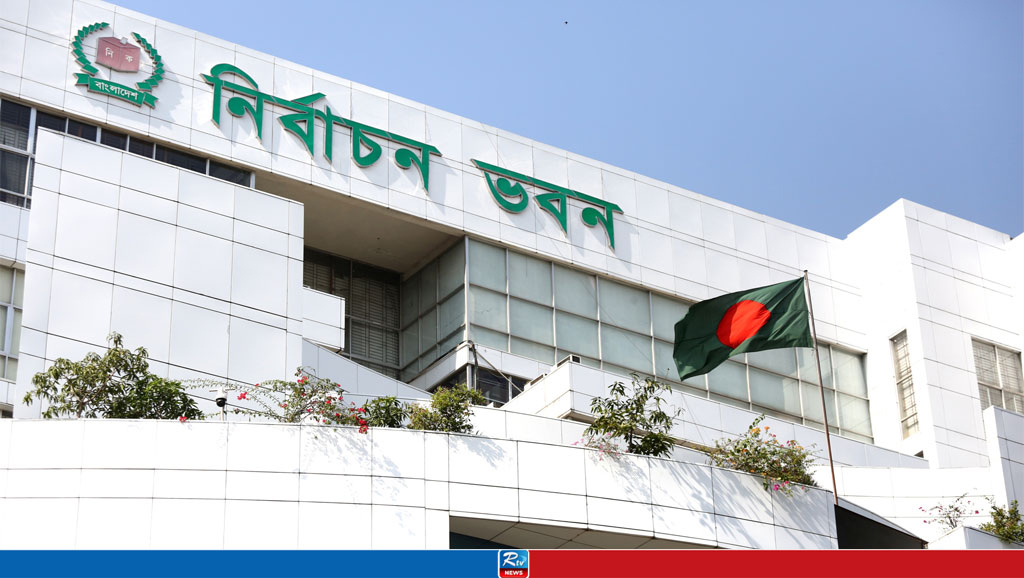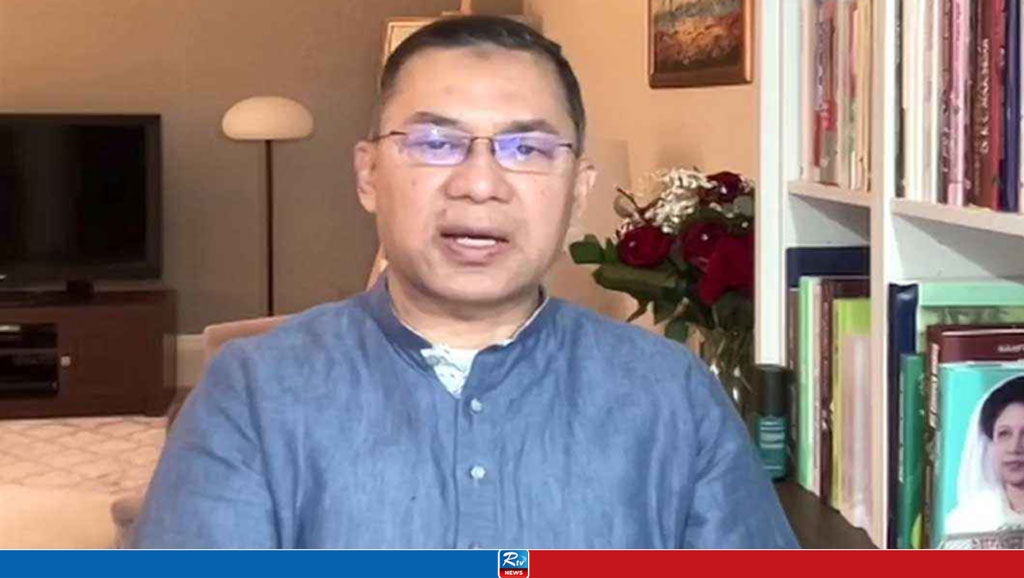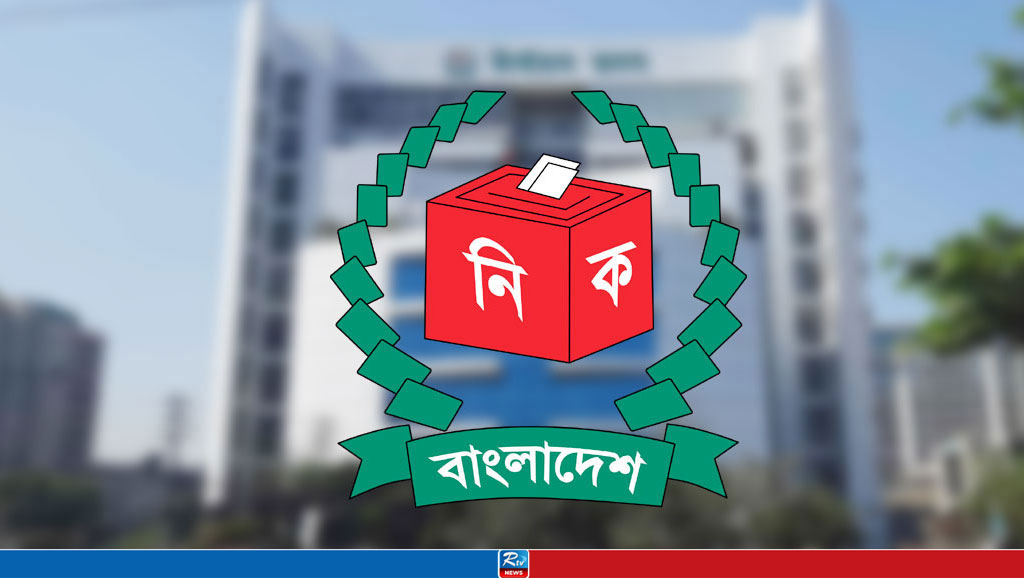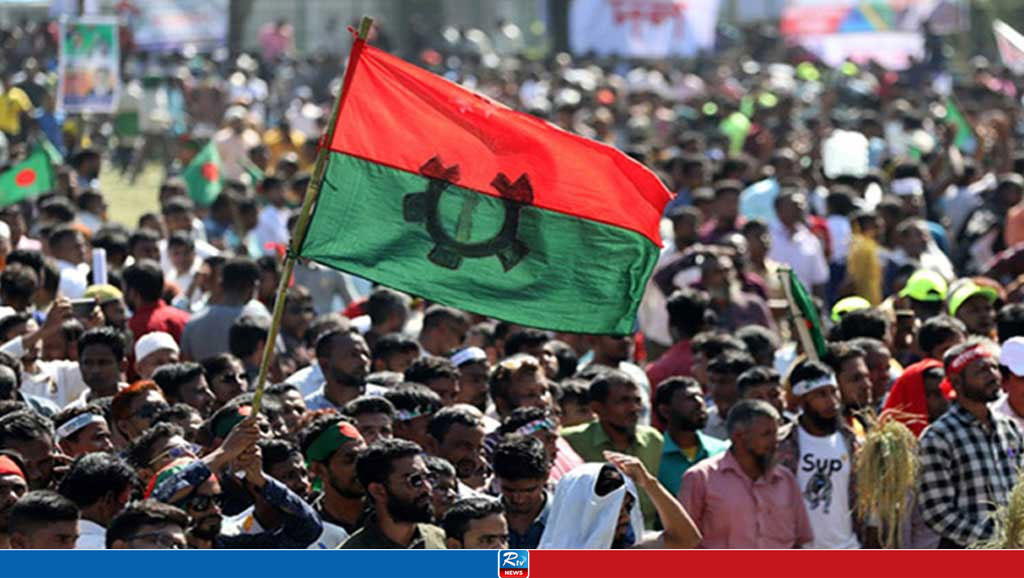We Need to Fix Railway Lines So That Trains Go in Right Directions: Prof Wahiduzzaman
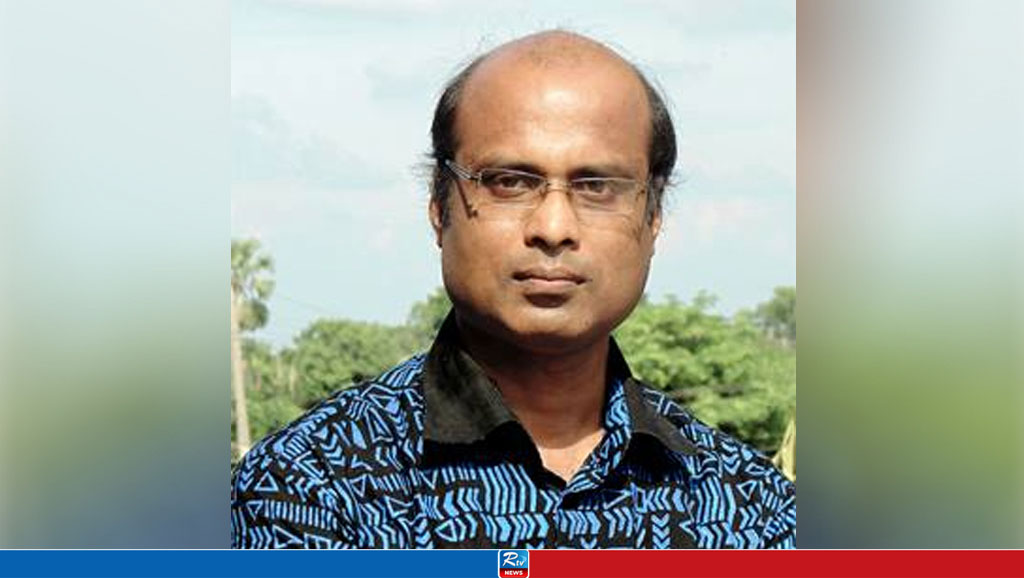
Dhaka seems to have taken on a new look with the fresh blood of the youth. In celebration of the ouster of fascist Prime Minister Sheikh Hasina in August, Dhaka, the capital of Bangladesh has been decorated with colorful political graffiti.
Miles after miles of concrete balustrades have been painted with caricatures of the ousted dictator.
In this regard, Dr. Yunus told TIME, "The minds of the youth are full of ideas, ambitions, and desires. They have depicted the future of dictators in the murals."
"The responsibility of turning those aspirations of the youth into reality has now fallen on me," he said. My job is to unite Bangladesh of more than 170 million people and to suppress the student leaders, military generals, Islamists, and opposition politicians who forced Hasina to exit to new elections.
Meanwhile, a six-pronged reform process is underway, focusing on the electoral system, police administration, judiciary, anti-corruption commission, public administration and the national constitution.
"The previous government created an environment of total repression, denial of everything, random killings, disappearances, destruction of every institution, which was a fascist regime," he said.
Indeed, more than 1,500 people were killed and many more injured in clashes between protesters and security forces in July and August. (In addition, Yunus claims that 3,500 people extrajudicially disappeared in the last 15 years of Hasina's rule.)
When protesters surrounded Hasina's official residence in Dhaka, she fled to India in a military helicopter, where she and her top advisers continued to protest against her ouster. Yunus has revealed that he will soon seek Hasina’s extradition from India, although few believe that Indian Prime Minister Narendra Modi will accept it.
Yunus gained global fame in the 1970s for pioneering poverty-reducing microfinance. He started with a single $5 billion loan to a woman weaving bamboo looms in his hometown of Chittagong, which has since spread to more than 100 countries. Over four decades, Yunus’s Grameen Bank has disbursed $37 billion in collateral-free loans to more than 10 million of the world’s poorest people. More than 94% of global loans have gone to women, who are disproportionately affected by poverty.
Dr Yunus won the 2006 Nobel Peace Prize as a "Banker for the poor," the U.S. Presidential Medal of Freedom in 2009, and the Congressional Gold Medal a year later. But Yunus's global reputation ranks with Hasina, who has derided him as a "bloodsucker." Yunus's government has launched more than 200 legal cases against Hasina — including alleged fraud, money laundering, and embezzlement.
When Time last spoke to Yunus in June, he was serving a six-month prison sentence for fraud for violating Bangladesh's labor laws. But when students offered to make Yunus head of government after Hasina was ousted, he said, “Find someone else." But then he added, "Okay, you gave your lives, your friends gave theirs, so I will do my best to stand by you."
Although a new constitution is being drafted in Bangladesh, Bangladesh will adopt a more presidential or parliamentary system, whether unicameral or bicameral. Smaller parties are pushing for representation, while secularists fear the country could fall into the hands of religious fundamentalists.
The information and technology secretary of the major political party (BNP), AKM Wahiduzzaman, wants to unveil a timeline and roadmap for the elections as soon as possible. He said Dr. Yunus would not be rushed. First, we have to fix the railway line so that the train goes to the right destination."
He added that true national reconciliation may not be possible without the participation of Bangladesh's oldest political party.
Yunus stressed, "Everyone will get a fair trial and if those responsible for the killings and disappearances are held accountable, the Awami League will be able to contest the elections. They are as free as any other party to participate.
Dr Yunus is also determined to recover some of the billions of dollars that the Awami League has siphoned out of the country.
Bangladesh's economy has been the fastest growing in the Asia-Pacific region over the past decade, with GDP rising from $71 billion in 2006 to $460 billion in 2022.
"Reform is the root of revolution, that's why we call it Bangladesh 2.0," says Dr Yunus.
Comments
Dr Yunus Calls for International Conference to Solve Rohingya Crisis
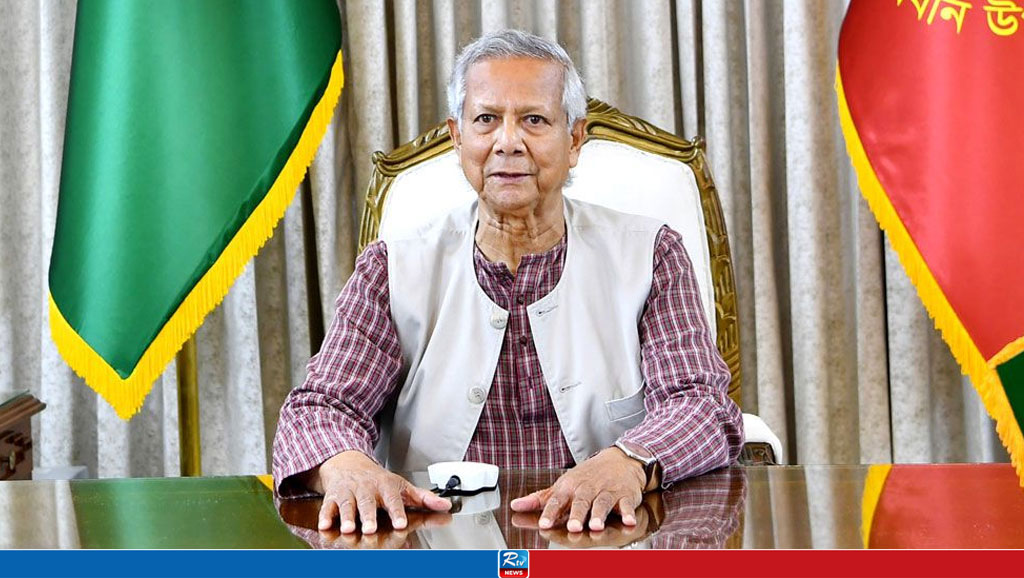
Train Schedule Disruption Persists
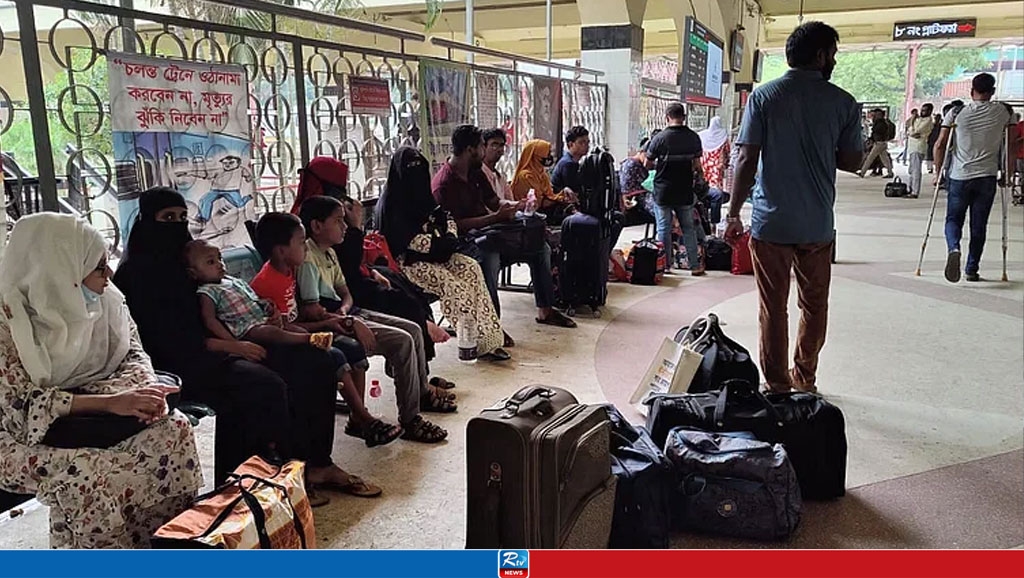
6 Killed as Truck, CNG Collide in Narsingdi
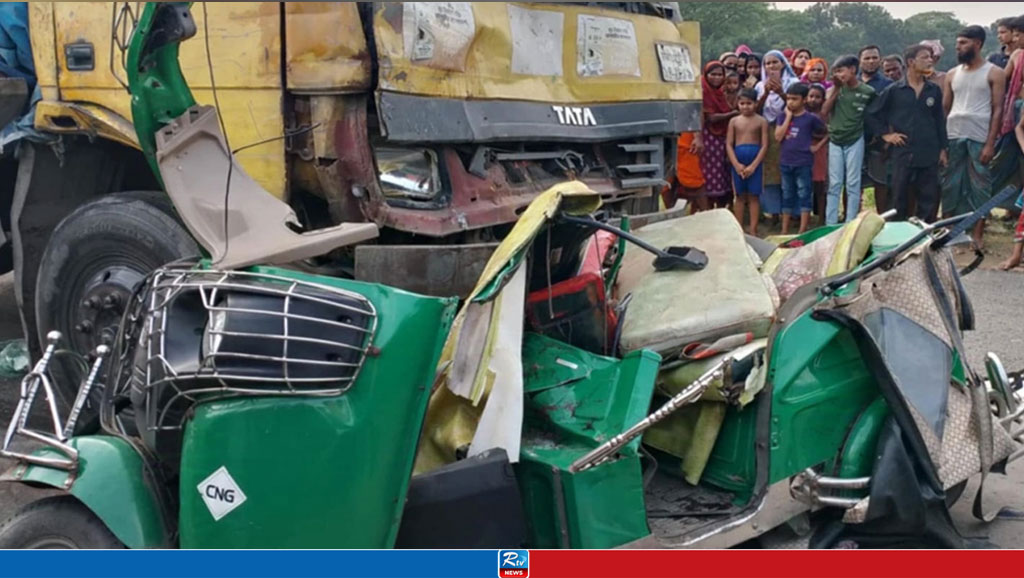
Ex-DMP Commissioner Detained at Airport While Leaving Country
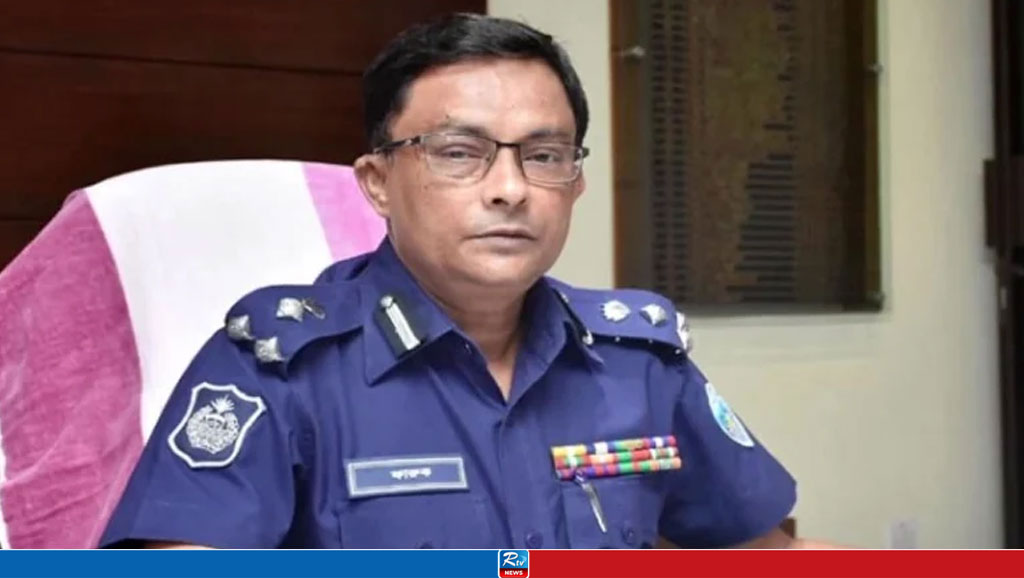
Ex-Public Works Minister Engineer Mosharraf Hossain Arrested
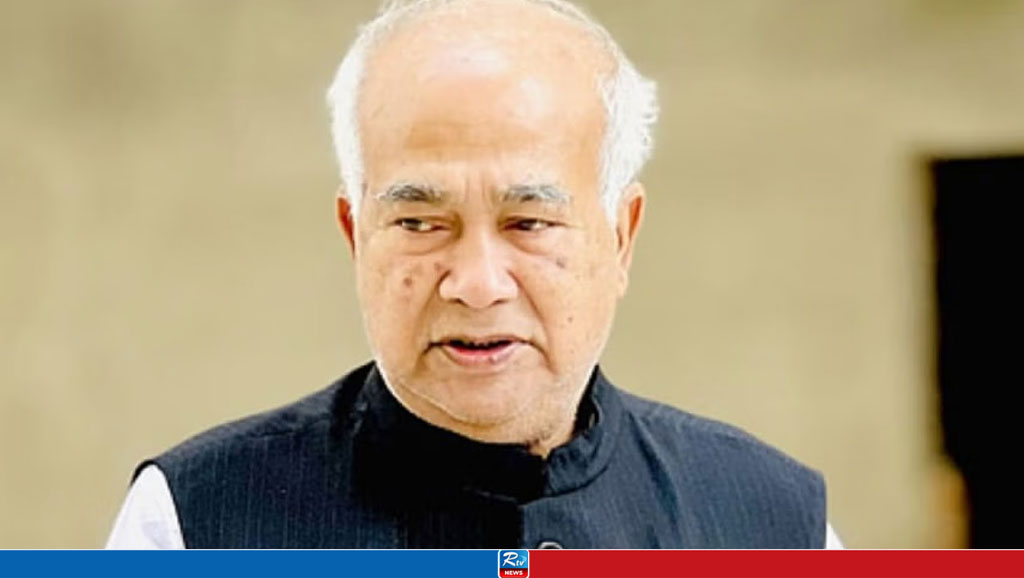
HSC, Equivalent 2024 Re-evaluation Result Date
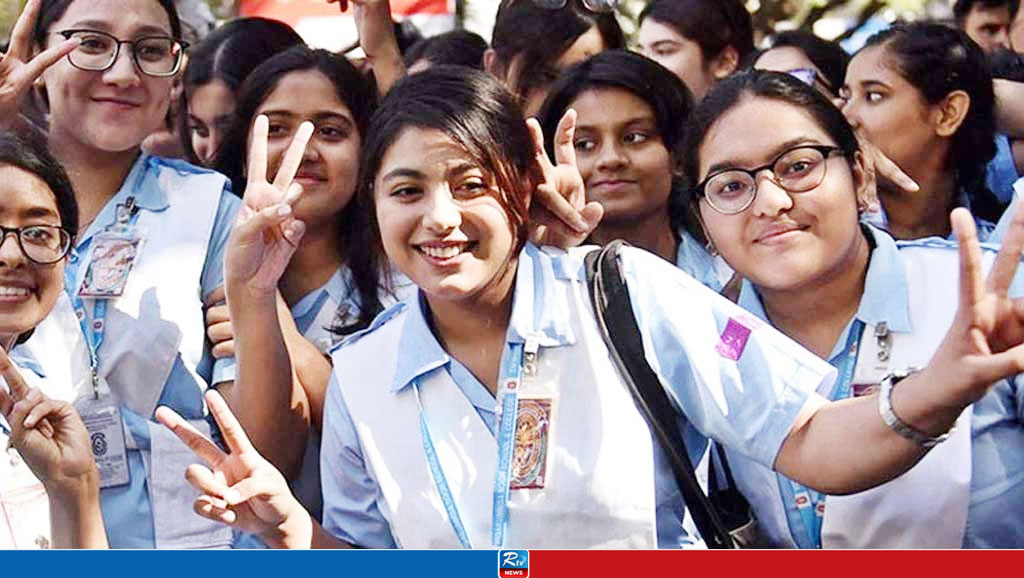
Education Board announces SSC, HSC Exam 2025 Timeframe
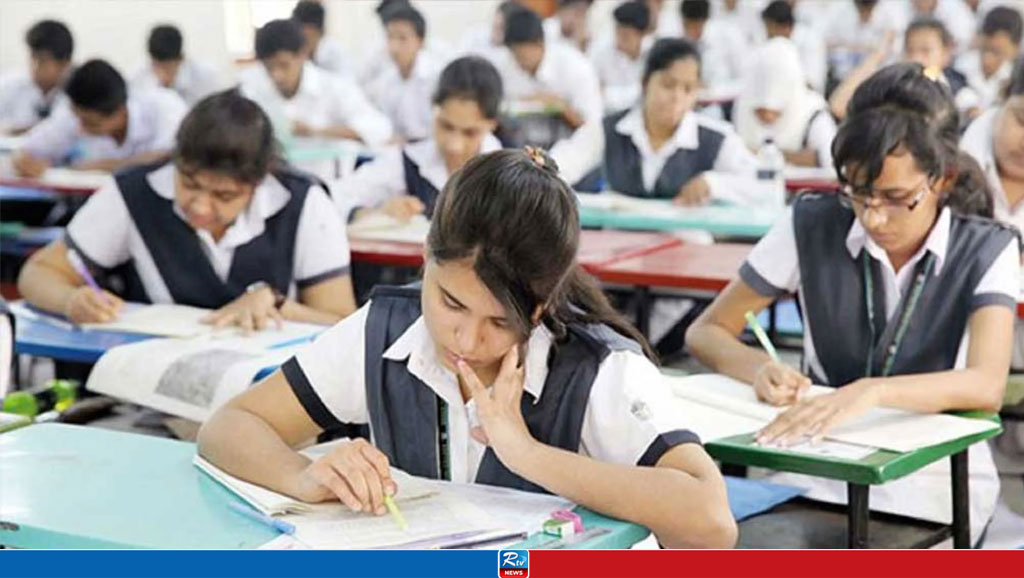

 Live Tv
Live Tv

